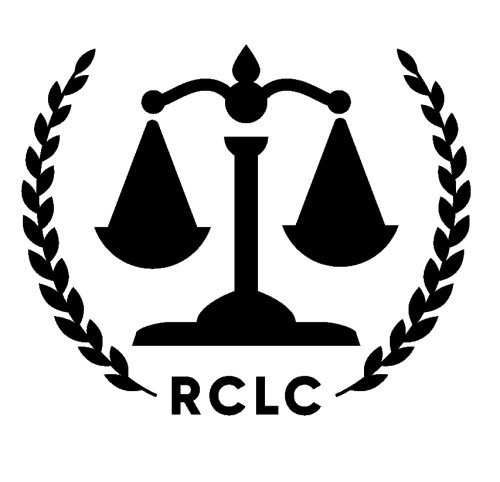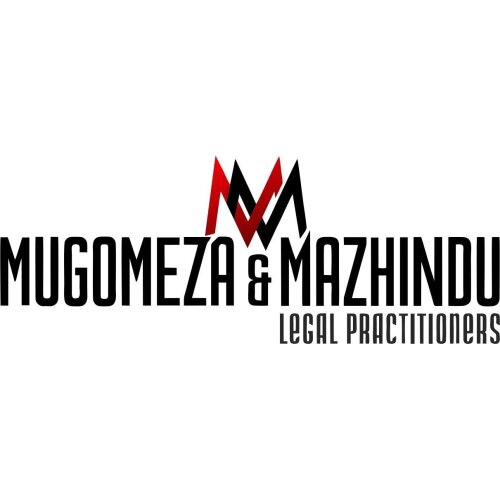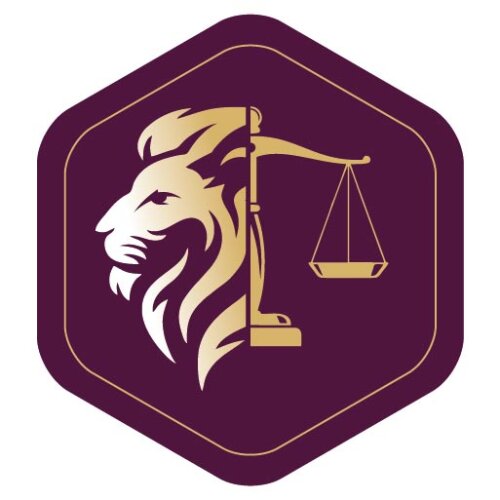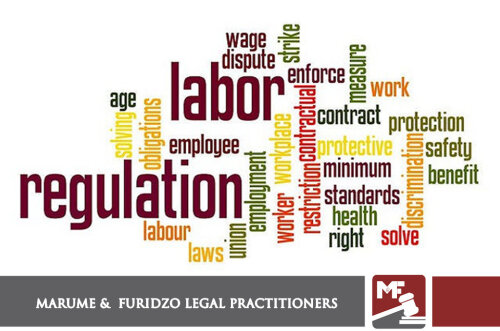Best Divorce & Separation Lawyers in Harare
Share your needs with us, get contacted by law firms.
Free. Takes 2 min.
Free Guide to Hiring a Family Lawyer
List of the best lawyers in Harare, Zimbabwe
About Divorce & Separation Law in Harare, Zimbabwe
Divorce and separation in Harare, Zimbabwe, are governed by both customary and statutory laws, with statutory law predominantly codified in the Matrimonial Causes Act. This Act covers various aspects, including grounds for divorce, division of property, and custody of children. In Zimbabwe, divorce can be granted on several grounds, such as irretrievable breakdown of marriage or incurable illness. The legal process involves filing a petition with the High Court and, in many cases, requires legal representation to navigate the complexities of the system effectively.
Why You May Need a Lawyer
Navigating divorce and separation can be emotionally and legally challenging. A lawyer can provide critical support in several situations, including:
- Determining the grounds for divorce and explaining the legal implications.
- Facilitating amicable negotiations between parties for smoother settlements.
- Protecting your rights when it comes to property division, maintenance, and custody.
- Guiding you through court procedures and legal documentation.
- Offering strategic advice to ensure a fair outcome for involved parties.
Local Laws Overview
The legal framework governing divorce and separation in Harare includes significant provisions such as:
- Grounds for Divorce: Under the Matrimonial Causes Act, a marriage can be dissolved on grounds of an irretrievable breakdown or incurable mental illness or continuous unconsciousness of a spouse.
- Custody and Maintenance: Custody is determined with the best interests of the children in mind, often involving custodial assessments and the report of a family counselor. Maintenance payments may also be ordered by the court.
- Property Division: Division of marital property is expected to be equitable, considering each party's contribution, both monetary and non-monetary.
- Customary Marriages: These are also recognized, and customary law may influence proceedings, especially regarding property and custody.
Frequently Asked Questions
What are the legal grounds for divorce in Zimbabwe?
The primary grounds include irretrievable breakdown of the marriage, incurable mental illness, and continuous unconsciousness of a partner.
How long does it take to get a divorce in Harare?
The duration can vary depending on the complexity and cooperation between parties. An uncontested divorce may take a few months, while contested cases can take significantly longer.
What happens to our children during a divorce?
The court prioritizes the best interests of the children, which can influence decisions on custody, visitation rights, and child support arrangements.
Who gets custody of the children?
Custody is determined based on factors such as the child’s welfare, stability, and continuity of care. Joint custody is an option if it serves the child's best interests.
How is property divided in a divorce?
Marital assets are divided equitably, which does not always mean equally, and considers each party's contributions and needs.
Can we agree on our own divorce terms?
Yes, if both parties agree amicably, a consent paper outlining agreed terms can be submitted, which the court typically upholds.
What if we were married under customary law?
Customary marriages are recognized, and either customary or statutory law may apply, especially regarding property and family considerations.
What is spousal maintenance?
Spousal maintenance is financial support provided to a spouse post-divorce, determined by factors such as duration of marriage and earning capacities.
Do I need a lawyer to get divorced?
While not legally required, having a lawyer is advantageous as they ensure your rights are protected and provide necessary guidance throughout the process.
What if my spouse contests the divorce?
A contested divorce may lead to court hearings where evidence is presented. A lawyer can help build a strong case to advocate for your interests.
Additional Resources
Consider reaching out to the following resources for assistance:
- Governmental Legal Aid Services: Provide support for those unable to afford private legal representation.
- Zimbabwe Women Lawyers Association (ZWLA): Offers legal support and advocacy for women's rights.
- Family Support Organizations: Various organizations provide counseling and mediation services for families in transition.
Next Steps
If you are considering or are involved in a divorce or separation, the following steps are advisable:
- Consult with a Lawyer: Early legal advice will help clarify your rights and options.
- Document Everything: Keep records of finances, assets, and communication with your spouse.
- Contact Support Networks: Engage with family and professional counselors for emotional support.
- Navigating the Court Process: Follow your lawyer's advice regarding necessary documentation and procedures.
Navigating a divorce or separation is complex, and securing competent legal counsel is essential to achieve a fair resolution. Engaging in professional legal services can make a significant difference in the outcome of your case.
Lawzana helps you find the best lawyers and law firms in Harare through a curated and pre-screened list of qualified legal professionals. Our platform offers rankings and detailed profiles of attorneys and law firms, allowing you to compare based on practice areas, including Divorce & Separation, experience, and client feedback.
Each profile includes a description of the firm's areas of practice, client reviews, team members and partners, year of establishment, spoken languages, office locations, contact information, social media presence, and any published articles or resources. Most firms on our platform speak English and are experienced in both local and international legal matters.
Get a quote from top-rated law firms in Harare, Zimbabwe — quickly, securely, and without unnecessary hassle.
Disclaimer:
The information provided on this page is for general informational purposes only and does not constitute legal advice. While we strive to ensure the accuracy and relevance of the content, legal information may change over time, and interpretations of the law can vary. You should always consult with a qualified legal professional for advice specific to your situation.
We disclaim all liability for actions taken or not taken based on the content of this page. If you believe any information is incorrect or outdated, please contact us, and we will review and update it where appropriate.
















